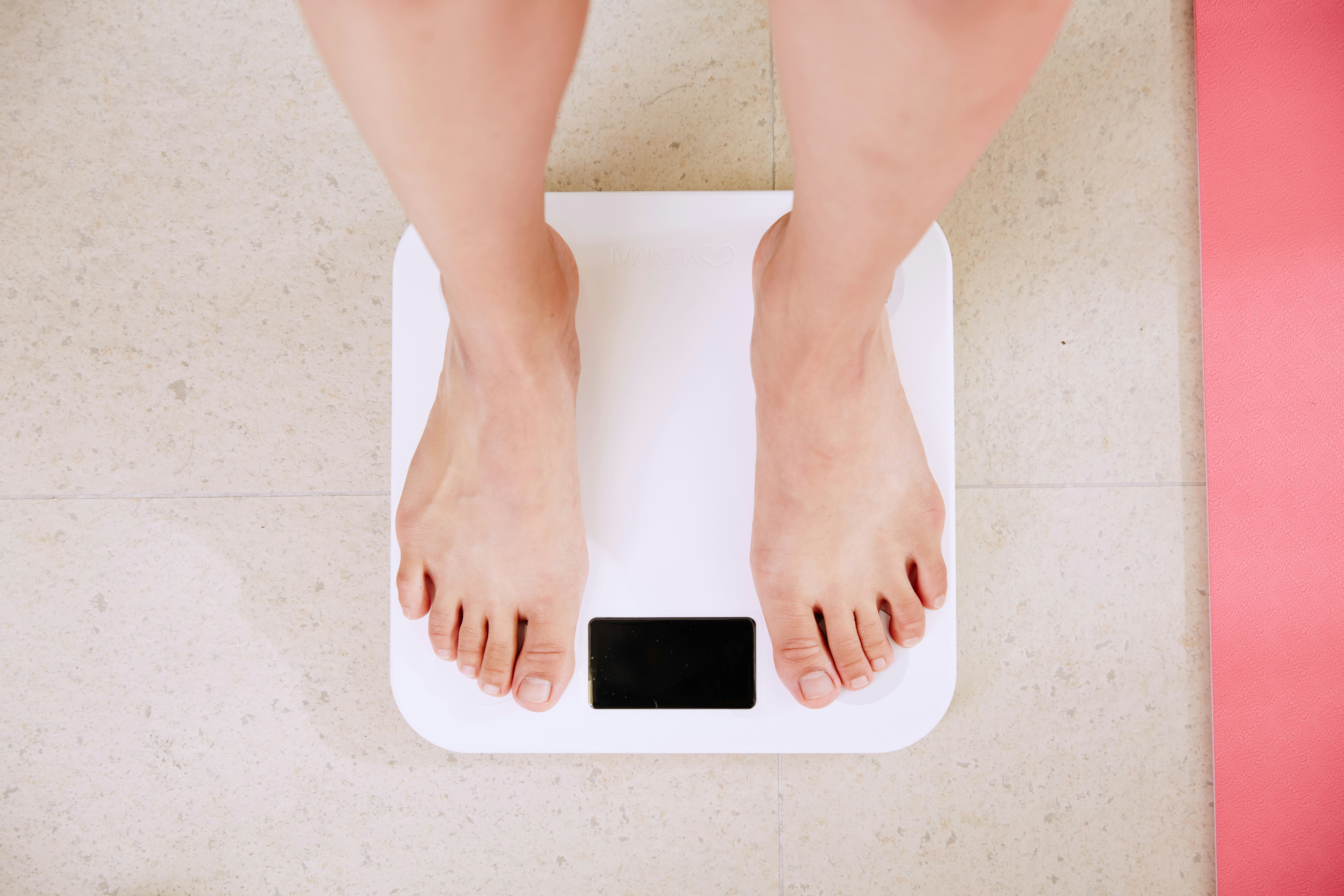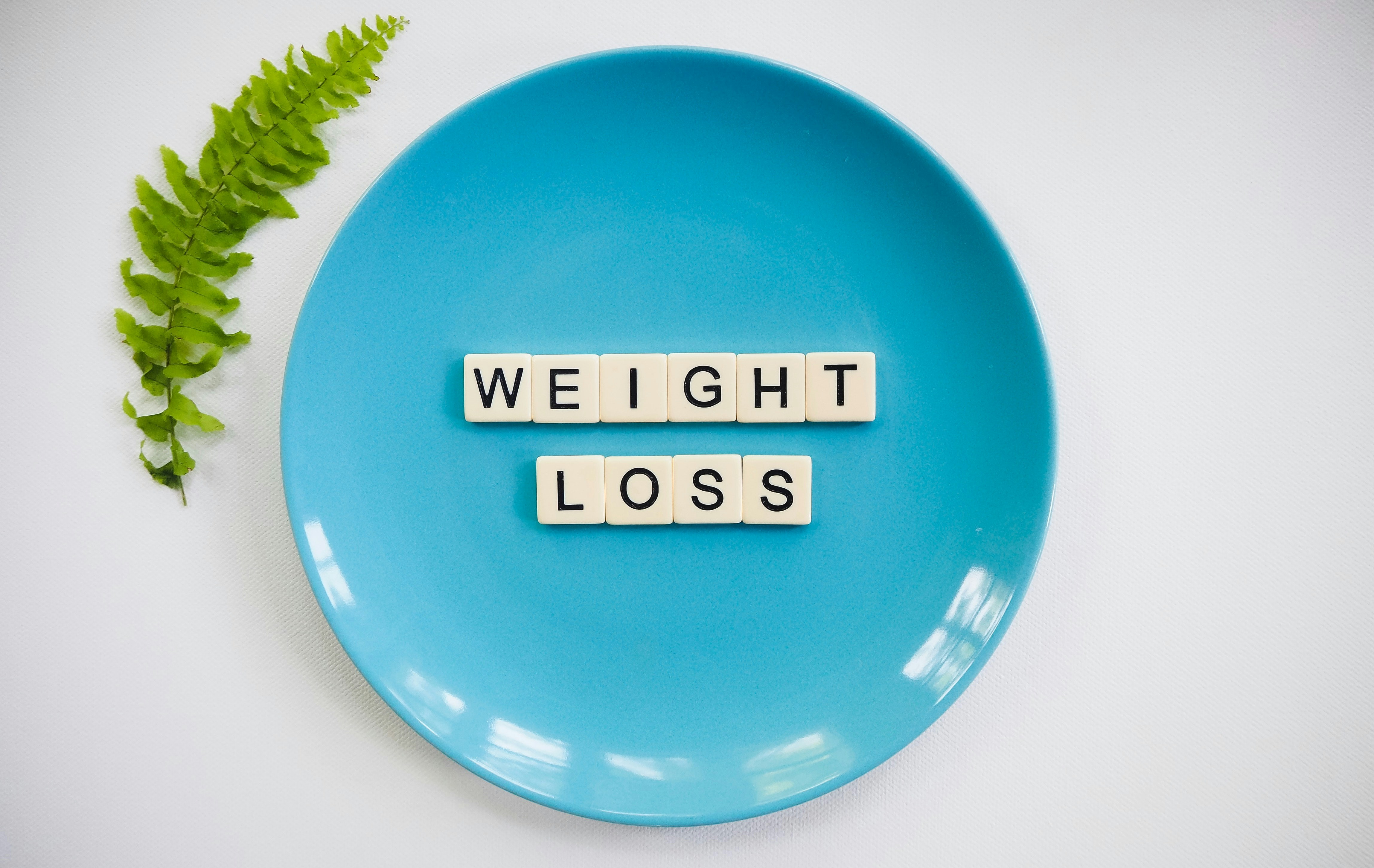Picture this: you’re standing in front of the mirror, feeling a wave of frustration wash over you as you try to zip up your favorite pair of jeans. The truth is, shedding those extra pounds can be a challenging journey. But fear not, because today we’re going to delve into a topic that has been making waves in the health and fitness world: the low-carb diet.
In this article, we will explore the captivating question: “Can I lose weight by going on a low-carb diet?” From the basics of understanding what a low-carb diet entails to unlocking the secrets behind its potential weight loss benefits, we’ll take you on an engaging journey through the world of low-carb eating. So, if you’ve ever wondered whether cutting back on carbs could be the key to finally fitting into those jeans, then buckle up and get ready for some invaluable insights. Let’s dive into the science, separate fact from fiction, and empower you to make informed decisions about your weight loss goals.
The Basics of a Low-Carb Diet
What is a low-carb diet?
A low-carb diet is a dietary approach that focuses on reducing the consumption of carbohydrates, primarily found in foods like bread, pasta, rice, and sugary sweets. Instead, this diet encourages the consumption of protein, healthy fats, and non-starchy vegetables. The goal is to limit the body’s intake of carbs, which are broken down into sugar and can contribute to weight gain.
How does a low-carb diet work?
A low-carb diet works by significantly reducing the body’s intake of carbohydrates, which are the main source of energy. When carbohydrates are restricted, the body enters a metabolic state called ketosis, in which it starts burning stored fat for fuel instead of relying on glucose from carbohydrates. This process can lead to weight loss as the body taps into its fat stores for energy.
Types of low-carb diets
There are several types of low-carb diets, each with varying levels of carbohydrate intake. The most well-known is the ketogenic diet, which involves consuming very few carbs (typically less than 50 grams per day) and moderate amounts of protein, with the majority of calories coming from healthy fats. Other low-carb diets include the Atkins diet, the paleo diet, and the Mediterranean diet, each with their own unique approach to carbohydrate restriction.
How Low-Carb Diets Aid in Weight Loss
Reduced calorie intake
One of the main reasons why low-carb diets aid in weight loss is that they often result in reduced calorie intake. Many high-carbohydrate foods, especially those high in refined sugars and processed grains, are calorie-dense and lack significant nutritional value. By cutting out these foods and focusing on whole, unprocessed options, you naturally decrease your calorie intake, leading to weight loss.
Increased fat burning
When you limit your carbohydrate intake, your body turns to stored fat as an alternative energy source. This can lead to increased fat burning and subsequent weight loss. Furthermore, low-carb diets have been found to increase the levels of certain hormones, such as glucagon and growth hormone, which help break down fat for fuel.
Reduction in water weight
Another benefit of low-carb diets is the rapid reduction in water weight. Carbohydrates are known to cause water retention in the body, and by reducing carb intake, you encourage the shedding of excess water. While this weight loss may not be fat loss, it can provide a motivational boost and make you feel lighter and less bloated.
Suppressing appetite
Low-carb diets have been shown to have appetite-suppressing effects, making it easier to control cravings and reduce overall caloric intake. Protein and fat are both filling macronutrients, and by incorporating these into your meals, you can feel satisfied for longer periods, reducing the desire to snack or overeat.
Understanding Carbohydrates and Weight Gain
The role of carbohydrates
Carbohydrates are the body’s primary source of energy. When consumed, they are broken down into glucose, which is used to fuel various bodily functions. However, consuming an excess of carbohydrates can lead to weight gain, especially when they are high in refined sugars and lacking in fiber. These types of carbs are quickly absorbed into the bloodstream, causing a spike in blood sugar levels and promoting fat storage.
How excessive carb intake leads to weight gain
When you consume a high amount of carbohydrates, particularly those with a high glycemic index, your body produces insulin to help regulate blood sugar levels. Insulin is a hormone that promotes fat storage, especially in the abdominal area. Additionally, a diet high in carbs can lead to insulin resistance, making it harder for the body to process sugars and increasing the risk of weight gain and metabolic disorders.
Benefits of a Low-Carb Diet for Weight Loss
Efficient fat burning
One of the significant benefits of a low-carb diet for weight loss is the promotion of efficient fat burning. By restricting carb intake, you stimulate the body to rely on stored fat as a fuel source, leading to a more rapid breakdown of fat stores. This can result in significant weight loss, particularly in stubborn areas such as the belly and thighs.
Reduced cravings
Low-carb diets can help reduce cravings and promote healthier food choices. By eliminating or limiting sugary and processed carbs, you stabilize blood sugar levels and avoid the energy crashes and subsequent cravings that often follow high-carb meals. The steady supply of energy from protein and healthy fats keeps you satiated and less likely to reach for unhealthy snacks.
Increased energy levels
Contrary to popular belief, low-carb diets can provide sustained energy levels throughout the day. While carbohydrates provide quick energy, they also lead to energy crashes and fluctuations. By relying on fats as a fuel source, your energy levels remain stable, and you avoid the highs and lows associated with carbohydrate consumption.
Lower blood sugar levels
For individuals with conditions like diabetes or insulin resistance, low-carb diets can help lower blood sugar levels and improve overall glycemic control. By reducing carbohydrate intake, you minimize the amount of glucose that enters the blood, leading to more balanced blood sugar levels and potentially reducing the need for medications.
Challenges and Considerations
Individual differences and preferences
Low-carb diets may not be suitable for everyone, as individual differences in metabolism, health conditions, and personal preferences play a role. Some individuals may thrive on a low-carb diet, while others may find it difficult to sustain or may experience adverse side effects. It’s important to listen to your body and consider consulting with a healthcare professional before embarking on any drastic dietary changes.
Potential nutrient deficiencies
While low-carb diets can be nutritious if well-planned, they may pose a risk for nutrient deficiencies if not properly balanced. Carbohydrates are a primary source of several essential vitamins and minerals, such as B vitamins, fiber, and certain antioxidants. It’s crucial to include a variety of non-starchy vegetables, lean proteins, and healthy fats to ensure you’re obtaining all the necessary nutrients.
Social and practical challenges
Following a low-carb diet can present social and practical challenges, especially when dining out or attending social events. Many traditional meals and restaurant options are often high in carbs, making it essential to plan ahead and find suitable alternatives. Additionally, it may require more preparation and cooking at home to ensure your meals align with the low-carb guidelines.
Getting Started with a Low-Carb Diet
Planning your meals
To successfully start a low-carb diet, it’s essential to plan your meals in advance. This involves creating a weekly meal plan, outlining breakfast, lunch, dinner, and snacks. Include a variety of protein sources such as lean meats, poultry, fish, and vegetarian options like tofu or legumes. Pair these with healthy fats like avocados, nuts, seeds, and olive oil, and incorporate non-starchy vegetables for added fiber and micronutrients.
Choosing your carbohydrate sources
While carbohydrates are restricted on a low-carb diet, it’s still important to include some sources in moderation. Opt for complex carbohydrates like whole grains, sweet potatoes, and quinoa, which provide fiber and essential nutrients. Avoid refined sugars and processed grains, as these can cause blood sugar spikes and hinder weight loss progress.
Tracking your progress
To track your progress on a low-carb diet, it can be helpful to keep a food journal or use a mobile app that allows you to log your meals and track your macronutrient intake. This will help you ensure you’re staying within your desired carbohydrate range and provide insight into your overall caloric intake. Additionally, recording your weight and measurements regularly can help you monitor your progress and stay motivated.
Managing keto flu symptoms
When transitioning to a low-carb diet, it’s common to experience symptoms known as the “keto flu.” These may include fatigue, headaches, dizziness, and irritability. To alleviate these symptoms, make sure you’re adequately hydrating, increasing your intake of electrolytes, and gradually reducing your carbohydrate intake rather than cutting them out abruptly. These symptoms should subside within a few days as your body adapts to using fat for fuel.
Potential Side Effects and Risks
Keto flu symptoms
As mentioned earlier, the keto flu can occur when starting a low-carb diet due to the transition into ketosis. While typically mild and temporary, these symptoms can be challenging for some individuals. It’s important to stay well-hydrated and prioritize electrolyte balance to alleviate these side effects.
Digestive issues
A sudden increase in dietary fat and reduction in fiber intake can lead to digestive issues such as constipation or diarrhea. To prevent or alleviate these symptoms, focus on consuming fiber-rich vegetables, drinking plenty of water, and consider adding a fiber supplement if needed. Additionally, incorporating probiotic-rich foods or a probiotic supplement can support a healthy gut flora.
Nutrient deficiencies
As mentioned earlier, nutrient deficiencies can occur on a low-carb diet if not properly planned. It’s important to ensure you’re obtaining essential vitamins and minerals by including a variety of nutrient-dense foods in your meals. Consulting with a registered dietitian or healthcare professional can help ensure you’re meeting your nutritional needs.
Impact on exercise performance
While some individuals may thrive on a low-carb diet for exercise performance, others may experience a decrease in energy and endurance. Carbohydrates are the main fuel source for high-intensity activities, so if you engage in intense workouts, it may be necessary to adjust your carbohydrate intake accordingly to support your performance.
Long-Term Sustainability and Maintenance
Transitioning to a balanced diet
While low-carb diets can be effective for weight loss, long-term sustainability often involves transitioning to a balanced diet that incorporates moderate amounts of all macronutrients, including carbohydrates. Gradually reintroducing healthy carbs, such as whole grains, fruits, and starchy vegetables, allows for a more varied and satisfying diet while maintaining weight loss.
Maintaining weight loss
To maintain weight loss after following a low-carb diet, it’s crucial to focus on overall calorie intake, portion control, and regular physical activity. It’s important to develop healthy eating habits and continue monitoring your progress to prevent weight regain. Finding a balance between macronutrients that works for you is key to sustaining long-term weight loss.
Finding a sustainable approach
Each individual is unique, and what works for one person may not work for another. It’s essential to find a dietary approach that you can sustain in the long term and that aligns with your personal preferences and lifestyle. Experimenting with different variations of low-carb diets, incorporating new food choices, and seeking support from a registered dietitian or healthcare professional can help you find a sustainable approach.
Potential Benefits Beyond Weight Loss
Improved heart health
Low-carb diets have been shown to improve several markers of heart health, including reducing triglyceride levels, increasing levels of HDL (good) cholesterol, and decreasing blood pressure and inflammatory markers. These improvements can have a positive impact on overall cardiovascular health and reduce the risk of heart disease.
Enhanced cognitive function
Emerging research suggests that low-carb diets may have cognitive benefits, such as improved focus, memory, and mental clarity. The brain is dependent on glucose for fuel, but it can also utilize ketones, which are produced during a low-carb, ketogenic state. This alternative fuel source may provide neuroprotective benefits and support optimal brain function.
Reduced risk of chronic diseases
Obesity and excess weight are known risk factors for chronic diseases such as type 2 diabetes, metabolic syndrome, and certain types of cancer. Therefore, the weight loss achieved through a low-carb diet can significantly reduce the risk of developing these conditions. Additionally, the anti-inflammatory effects of a low-carb diet may also contribute to a lower risk of chronic diseases.
Considering Personal Factors
Consulting with your doctor
Before starting any new diet or major lifestyle change, it’s essential to consult with your doctor or a registered dietitian, especially if you have any underlying health conditions or are taking medications that may be impacted by dietary changes. They can provide personalized guidance and help determine if a low-carb diet is suitable for you and your specific needs.
Determining if a low-carb diet suits you
While low-carb diets can be effective for weight loss and provide various health benefits, they may not be suitable for everyone. Personal preferences, metabolic factors, and individual health conditions should all be considered when deciding if a low-carb diet is the right fit for you. It’s essential to assess your own goals, lifestyle, and ability to adhere to the dietary restrictions before making any drastic changes to your eating habits.
In conclusion, low-carb diets can be an effective approach to weight loss and overall health improvement. By reducing carbohydrate intake, promoting efficient fat burning, and providing numerous other benefits, these diets offer a viable option for those looking to shed excess pounds and improve their well-being. However, it’s crucial to consider individual factors, consult with healthcare professionals, and ensure a balanced approach for long-term sustainability and optimal health.



